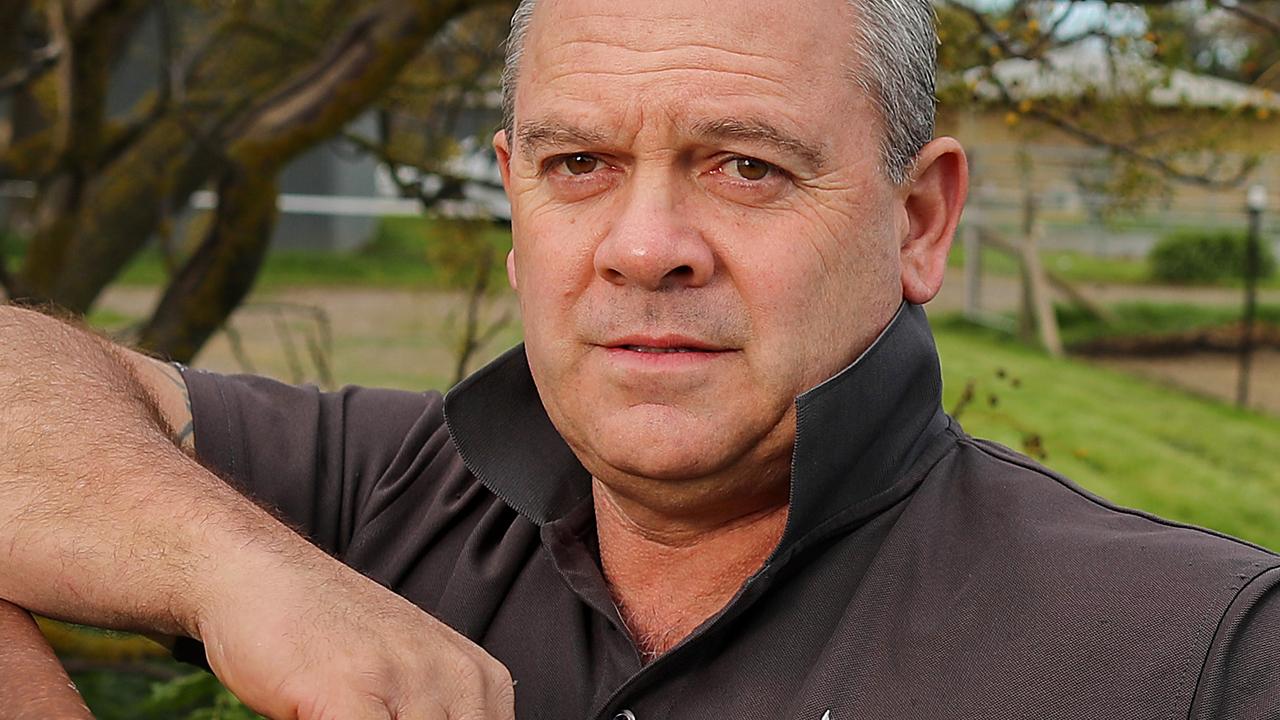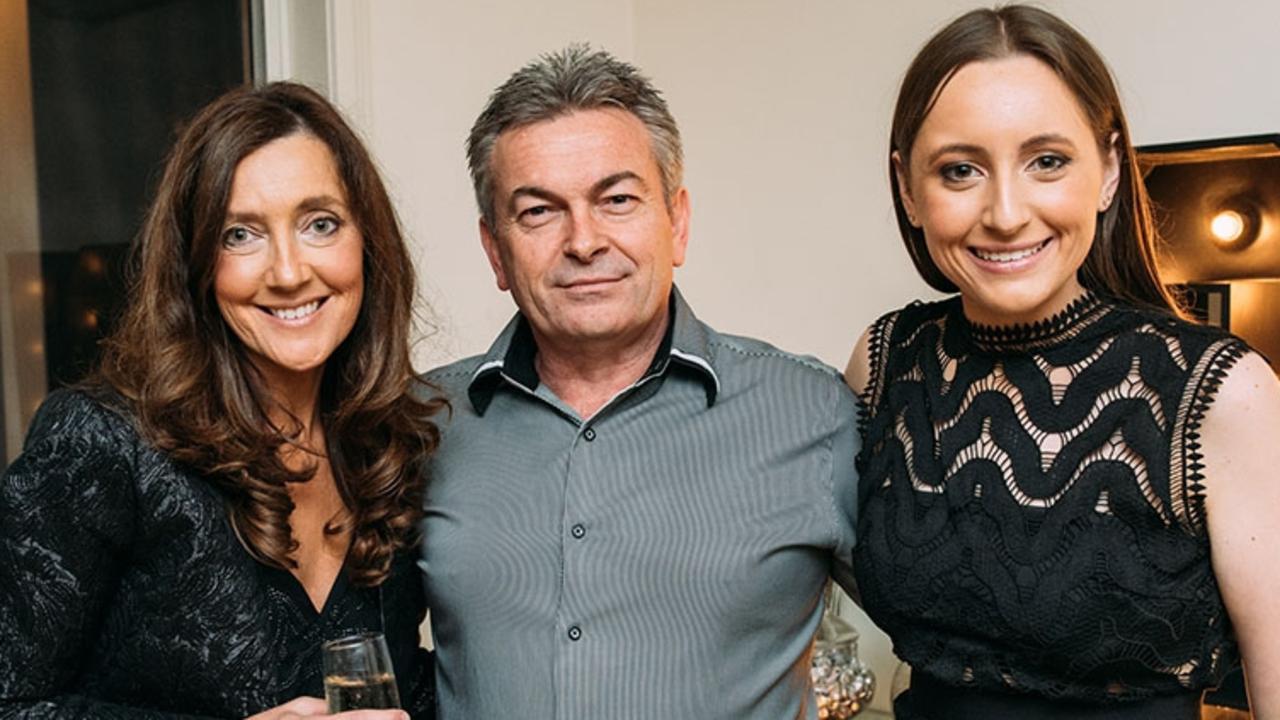Andrew Rule: Lest we forget the hero veterans who lost their own battle
Anyone who thinks post-traumatic stress disorder is a post-Vietnam invention should take a hard look at facts that used to be kept under wraps writes Andrew Rule.
Andrew Rule
Don't miss out on the headlines from Andrew Rule. Followed categories will be added to My News.
The dead are many but the walking wounded outnumber them.
War doesn’t just kill and maim: it gets in people’s heads sneaks home with them and hides in dark corners.
The grandfather I’m named after was a strong man who lost his memory from “shellshock” after two years on the Western Front.
He gradually found it again living by himself in a remote bush valley in East Gippsland.
DAY OF REMEMBRANCE TOO PRECIOUS TO TRASH
ANZAC DAY MARCH AND REUNION DETAILS
VICTORIA’S ANZAC DAY DAWN SERVICES
His father would visit and talk to him about happier times, searching for a glimmer of a pre-war memory, then working to revive it, like building a fire from a candle flame.
My wife’s grandfather was a Rat of Tobruk who went on to serve in New Guinea in World War II.
He lost mates and peace of mind.
The shocking thing was that he lost as many mates after the war as he did before the guns fell silent.

“Grumps” was a tough, proud man who masked his demons with drinks (and sometimes fights) at his local watering hole, where he was still getting “barred” in his 60s.
The point is this: anyone who thinks post-traumatic stress disorder is a post-Vietnam invention should take a hard look at facts that used to be kept under wraps.
Depression, violence and suicide and has always stalked the ranks of the returned soldiers, no matter how strong or tough or proud they are.

One of thousands at the Dawn Service this morning is Karen Bird, mother of Jesse Bird, a strong man who took his life almost two years ago after returning from Afghanistan with a physical injury he could live with and a mental injury he could not.
The man they called Big Bird “died suddenly” in Melbourne, surrounded with letters from the Department of Veterans’ Affairs so they would be found with his body.
The letters rejected his claim he’d been wounded by the trauma of war service.
Big Bird joined up at 23 and went to Afghanistan in 2009, returning the next year.
He was an infantryman and first-response battlefield medic.
When someone — often a friend — was shot or blown apart, he dropped his rifle to try to save their life.
Those never exposed to that experience can only imagine the anger, terror, revulsion, grief, and survivor guilt.
Adrenaline fades but the memories burn deep.
Nerves fray; bold hearts break.

I wrote after Jesse’s funeral: “They leave one battleground for another, swapping bombs, bullets and bloodshed for a different sort of nightmare as they struggle to get help from a bureaucratic maze that seems designed to make them give up.
“Many do give up — some by killing themselves outright, others lingering in a fog of destructive self-medication: drugs, alcohol and cigarettes. Suicide by degrees.”
Jesse’s funeral was held at Williamstown in the winter of 2017.
The inquest into his death begins at the Victorian Coroner’s Court next Thursday.
Karen and her husband John Bird will be there, seeing through a vow to get answers for their lost “boy” and others like him.
Without their dogged dedication in memory of their son, there might not have been two days set aside for an inquest to make time for the right questions to be put.
While John has been battling serious illness of his own, Karen has battled various Government bureaucracies that she believes let down veterans like her son.
“For a hundred years we have been very good at commemorating the fallen,” she said.
“But we have failed front line veterans who carry mental health injuries as a result of their service. They fall through the cracks.”
Is this what becomes of brave hearts that come back broken from serving in our name?
Lest we forget.



